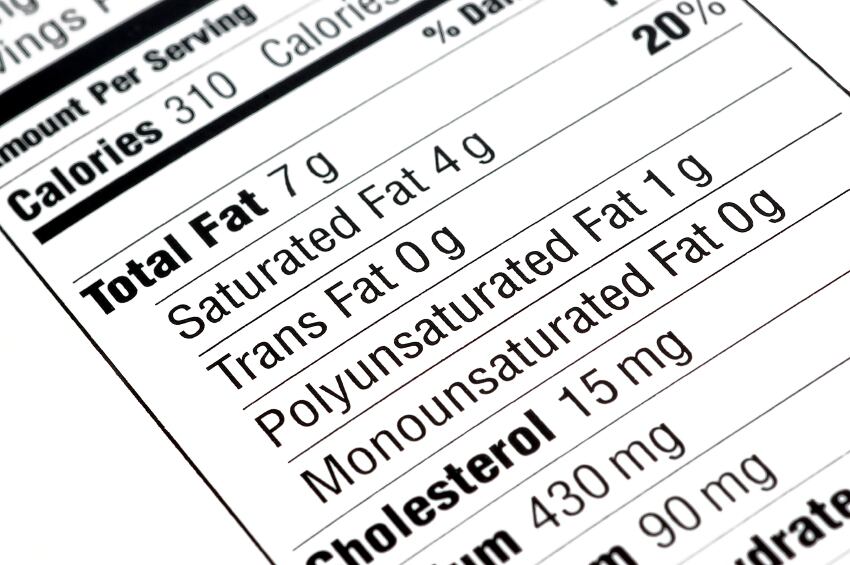The UK’s Food and Drink Federation’s (FDF) guide was launched last week, focusing on sugar reduction as a reformulation goal. It targets small to mid-sized companies (SMEs) in particular, which do not have big R&D budgets for reformulation.
Experts warned that focusing efforts entirely on sugar reduction could be detrimental to other health aspects of food, such as keeping fat content low.
However, they were in agreement that the guidelines would be broadly useful for companies – particular its target SMEs – with increasing pressures to reformulate products to reduce sugar. The incoming 2018 UK sugar tax could be one such pressure.
“Companies will all be pressured to reduce high levels of sugar in their products as part of the upcoming Childhood Obesity Strategy and so it is right that the FDF support their members in achieving this,” said Jennifer Rosborough, campaign manager at Action on Sugar.
“Sugars reduction is a major focus as consumers look increasingly closely at the sugars in their diets. This presents both challenges and opportunities,” FDF director general Ian Wright said.
Broader approach

A broad holistic approach should be taken to reformulation, rather than focussing on a single ingredient like sugar, Steve Osborn, commercial director for the Aurora Ceres Partnership told us.
Professor Jack Winkler of London Metropolitan University, agreed adding: “The obsessive focus on sugar is too narrow.”
Previously, industry focused on cutting fat content often to the detriment of sugar and total calorie count.
“We are in danger of repeating the errors made on fat reduction by not taking a step back and asking 'how can this product be healthier'. The solution may lie in something better and broader than swapping sugar for a lower calorie alternative,” Osborn said.
Substituting sugars with artificial sweeteners as suggested in the FDF guidance is not accepted by all consumers, Professor Tom Sanders of King's College London added. Previous reports have suggested artificial sweeteners carry potential health implications, such as hampering glucose control.
“I think this report could have done more to comment on the broader scope of reformulation and look at the positive role that fat, protein and fibre can play in a sugar reduction strategy,” Osborn added.
However, professor Sanders warned that replacing sugar with protein or other ingredients may offer no benefit in reducing calories.
“Calories count and it does not really matter whether the excess comes from fat, sugar, alcohol or carbohydrate with regard to obesity,” he said.
“Replacement of sugar with starch or protein would provide no calorie reduction and if reformulation results in more fat per 100g then calorie intake would increase.”
An FDF spokesperson told us earlier this week that sugar reformulation is not a “one-size-fits-all” approach. The FDF guidelines concede that reducing sugar in products could lead to unwanted effects such as increased calorie counts.
The ‘per 100g’ problem

However, Professor Winkler warned that removing sugar from products could skew nutrition facts panels to seem more unhealthy than they actually are.
By removing or reducing sugar, the relative contribution of fat to calories per 100g is increased.
The FDF has not accounted for skewed calorie results caused by standard ‘per 100g’ measurements in stating that lowering sugar can lift calories, Professor Winkler said.
He gave the example of removing sugar from any product containing both sugar and fat, such as cake, chocolate or biscuits.
“Most people would think that it (removing sugar) would reduce the energy in the product. But because of the way we label products, per 100g, it would actually increase the apparent energy,” he explained.
“The reason for that is that fat would make up a larger portion of the product per 100g, and fat contains 9kcal per gram rather than sugar (at) 4kcal/g. So the apparent energy in the product goes up.”
This adds problems for manufacturers trying to reformulate for the better, he added.
